By Nathan Smith
I’ve heard a lot about natural food lately.
I’m all for it, because someone took the time and care to grow it—just like the farmer with 1,000 acres of wheat took the time and care to see a harvest through a drought.
I also hear a lot of bashing from those who take a “my way or the highway” approach to natural food. It can leave a middle-of-the-road guy like me wondering.
If you can grow a crop, market it, and make a living off the land that supports you and your family, more power to you. Whether organic, natural or conventional, farming is a tough game and I respect all who do it well.
But when it comes to natural, everyone seems to have a different idea. Naturally, I know that the steak I plan to eat tonight didn’t come from a purple cow. The lettuce in my salad is the natural green color and the corn I’ve eaten all my life won’t produce a tail-like appendage.
Webster’s says “natural” means occurring in conformity with the ordinary course of nature: not marvelous or supernatural. Maybe you like this one better: closely resembling an original: true to nature.
Who is closer to nature than a modern day farmer?
When I go to the produce section of the grocery store, I’m a little confused about what I see. Labels like naturally made, organic, 100 percent organic whole, all natural, and 100 percent natural make me skeptical because there are so many options. What am I really paying for?
Is natural just a buzz word enticing people to pay a premium for a product that is just as good when grown conventionally? Possibly. Are there some advantages to food labeled as natural? Possibly.
If you take a step back and think about it, everything grown on earth was made from something natural. We aren’t making new matter are we?
I’m not throwing rocks at people who choose to buy only food labeled as natural. If you can afford it and make that decision, go for it. Same for the farmers who grow it. Farming is hard work and they should be applauded.
Here is my question.
What about the 49 million Americans who can’t put any food on their table tonight? If food extremists had things their way, and all modern agricultural practices were abandoned, the fight over food would make oil wars seem like schoolyard scuffles.
Vegetables fresh from the garden in the summer are hard to beat but they won’t meet the needs of a growing and hungry nation who eat year-round and demand foods in-season and out.
The idea of the farmer in the dell is nostalgic and picturesque but is it a real picture of “the good ol’ days?”
There was a time when everything was grown “naturally,” when drinking raw cow’s milk was the natural thing to do. When getting wiped out by bug infestation was also natural for farmers. Planting a crop only to see half of it survive was natural until approved methods of pest control.
See a trend?
My granddad is near 80 years old. He was a farmer in West Texas for years. He survived drought, hail, floods, a bad economy and made it through. It wasn’t an easy life; there was little rest and the work was physically taxing. He doesn’t sit around telling stories about how great things were back then. He talks about how we have improved as farmers, as a country.
Generations before the tractor and modern science, horses and plows were used. How many people today who advocate getting back to the “good ol’ days” have put their hand to the plow?
Naturally, you could only manage about 40 acres with a horse and plow.
With billions of people inhabiting the earth and that number growing exponentially, how will the world sustain itself without help from our own advances in technology, environmental stewardship and methods of growing food?
There is no cause for natural foodies to advocate against conventional practices that feed our country safely and efficiently. By the same token, those who choose a different method of farming should be respected for making it work for them.
Farmers who manage thousands of acres have children and families who eat, work and play on the land they live on, just as the backyard farmer who produces enough for his family.
We survive and thrive because of good farming practices—not in spite of them.


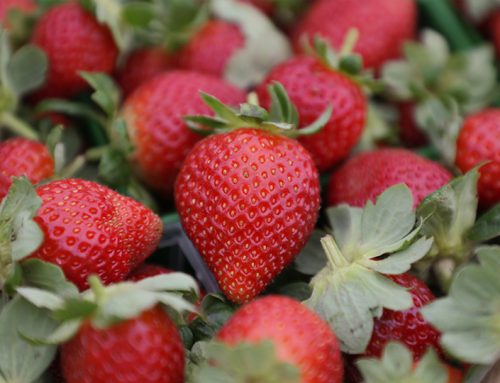
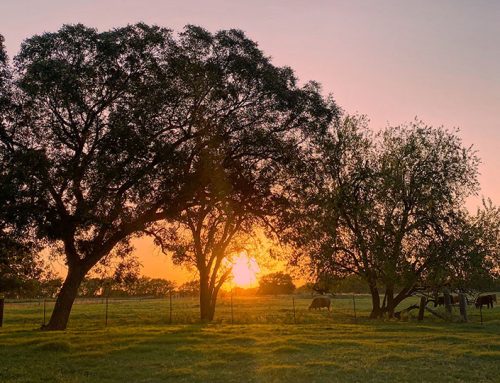
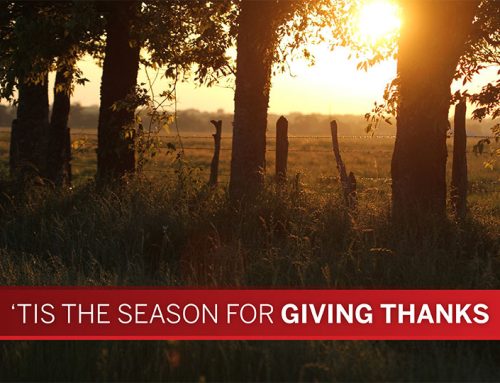
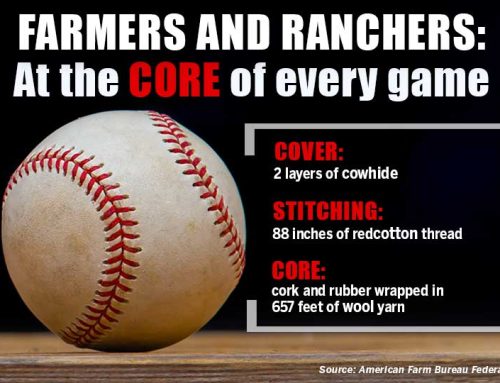
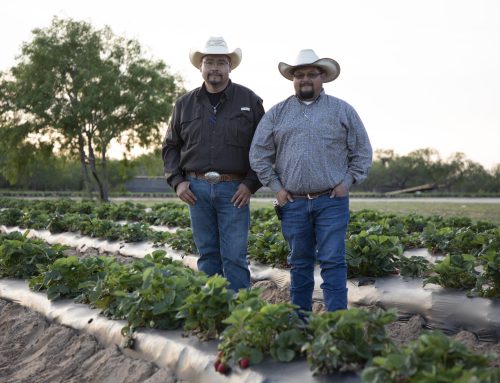




[…] like “natural” and “organic” products. They expect shelves to be stocked with every fruit and vegetable […]